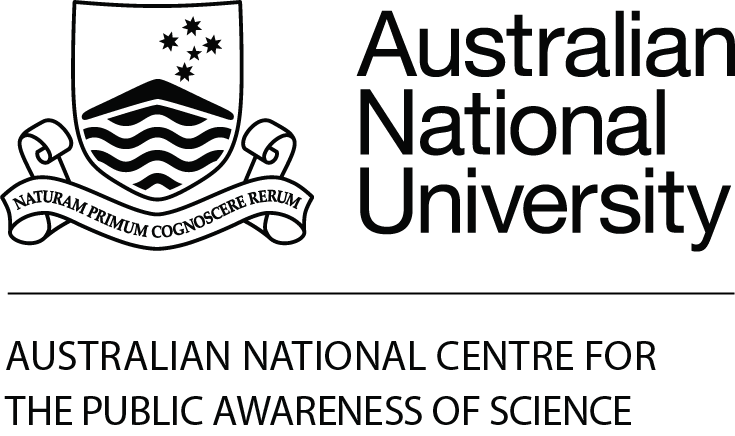Women are still underrepresented across STEM fields. When it comes to diversity and inclusion, visibility matters. Join the Australian Academy of Science for a conversation around how scientific organisations can better incorporate diversity into their activities, how to track and measure your diversity and inclusion goals, and what barriers may be encountered along the way.
Hear about how the Academy is driving diversity and inclusion in science through policy initiatives such as the Women in STEM Decadal Plan and communications and outreach strategies that normalise diversity. But there’s still plenty of work to do. Bring your experience to the table and come ready to workshop ideas for how all of us can improve and do better.
How will your session be structured?
A brief presentation with an overview of the Academy’s Diversity and Inclusion projects as well as communication strategies to record and track diversity and inclusion.
Then facilitation of an open discussion to workshop various scenarios to create a conversation about the issue.
What will participants gain from attending your session?
Participants will gain a better understanding of ways to track diversity and inclusion in their own projects, plus a better understanding of what diversity and inclusion means in science communication
Presenters
Dr Tom Carruthers, Digital Strategist, Australian Academy of Science
Emma Berthold, Science Editor, Australian Academy of Science
When: Monday 17th February, 12:00pm-1:00pm
Where: Room G31, Learning and Teaching Building, 19 Ancora Imparo Way, Clayton
Hashtag: TBC



















